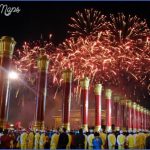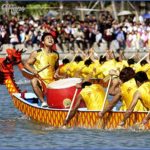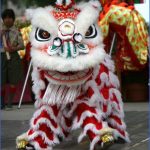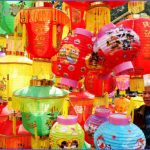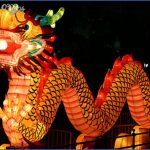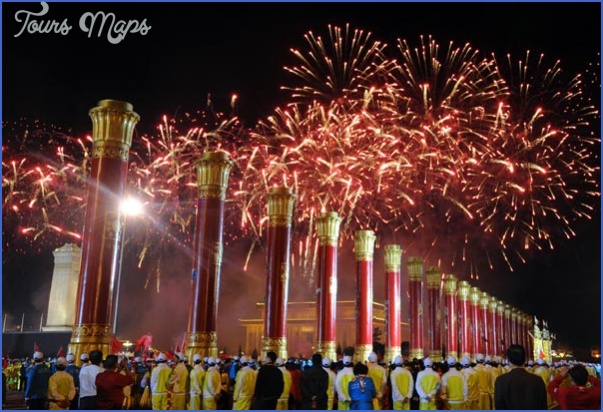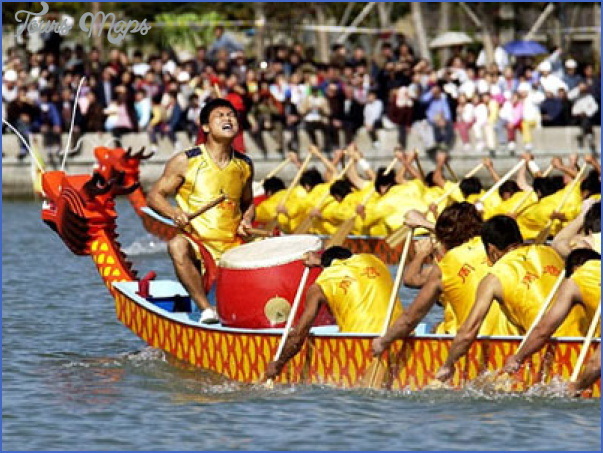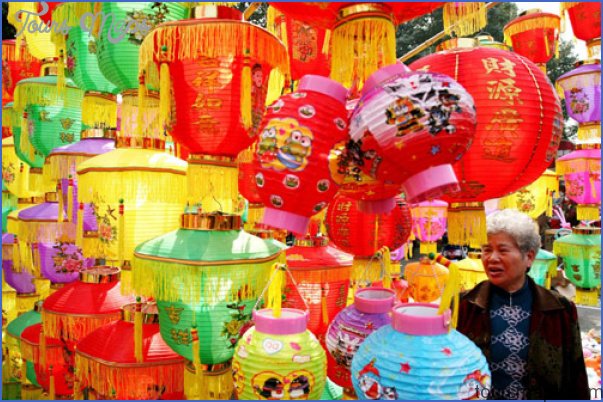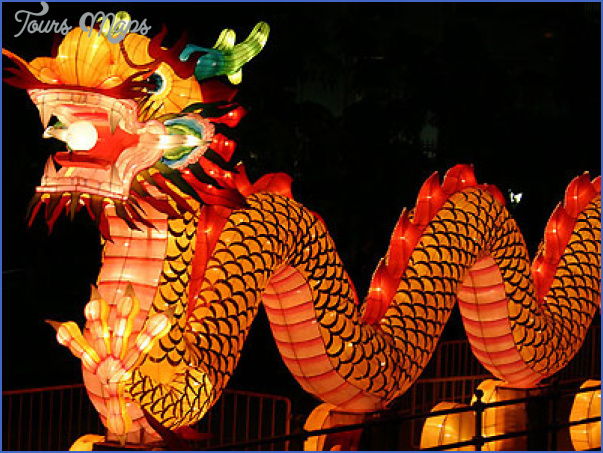In the eyes ofthe Chinese, a new-born baby is already almost a year old as the months of pregnancy are included in the calculation of age. A birthday is therefore celebrated one month after the birth, when the baby’s hair is cut for the first time. Far more generous celebrations are accorded to the first-born child than to subsequent siblings.
Traditionally, the bride moves in with the bridegroom’s family, but she is only recognised as a full member of the family when she has produced a child. Although three-day wedding ceremonies are no longer normal in the urban areas, in the country such celebrations are common and they can also involve a number of complicated rituals. The bridegroom fetches the bride from her home and takes her to his, where a wedding room is prepared. No religious ceremony takes place in the true sense, but the marriage bond is confirmed by placing sacrificial offerings to the ancestors on the family altar.
Respect for dead ancestors is a fundamental element in the cohesion of the family. The living and the dead have responsibilities to each other. The living must show reverence to the dead and the dead play their partfrom the afterlife to secure prosperity and a long earthly life for the living. As the young have a duty to respect the old, a son, should he die young, has no claim to such veneration. If he dies before his parents he is guilty of a misdemeanour. His descendants will pay him due respect, but not his parents or other living relatives. If someone dies without any descendants he or she becomes a “hungry spirit” who roams around restlessly in search of another who will pay the ritual honours. A ceremony is held in the autumn when offerings are made in the hope of satisfying these restless spirits.
Lengthy ceremonies and unusual costumes are the hallmark of Chinese funerals and the costs can often mean that families fall into financial difficulties. Seven days after burial (more recently replaced by the relatives ofthe dead person burn paper and bamboo models which can represent anything from food to cars. In this way the dead are provided with all that they need in the afterlife. On the seventh day a plaque is left on the family altar or in the temple.
Celebrations of China Photo Gallery
Maybe You Like Them Too
- The Best Cities To Visit in The World
- World’s 10 Best Places To Visit
- Coolest Countries in the World to Visit
- Travel to Santorini, Greece
- Map of Barbados – Holiday in Barbados

